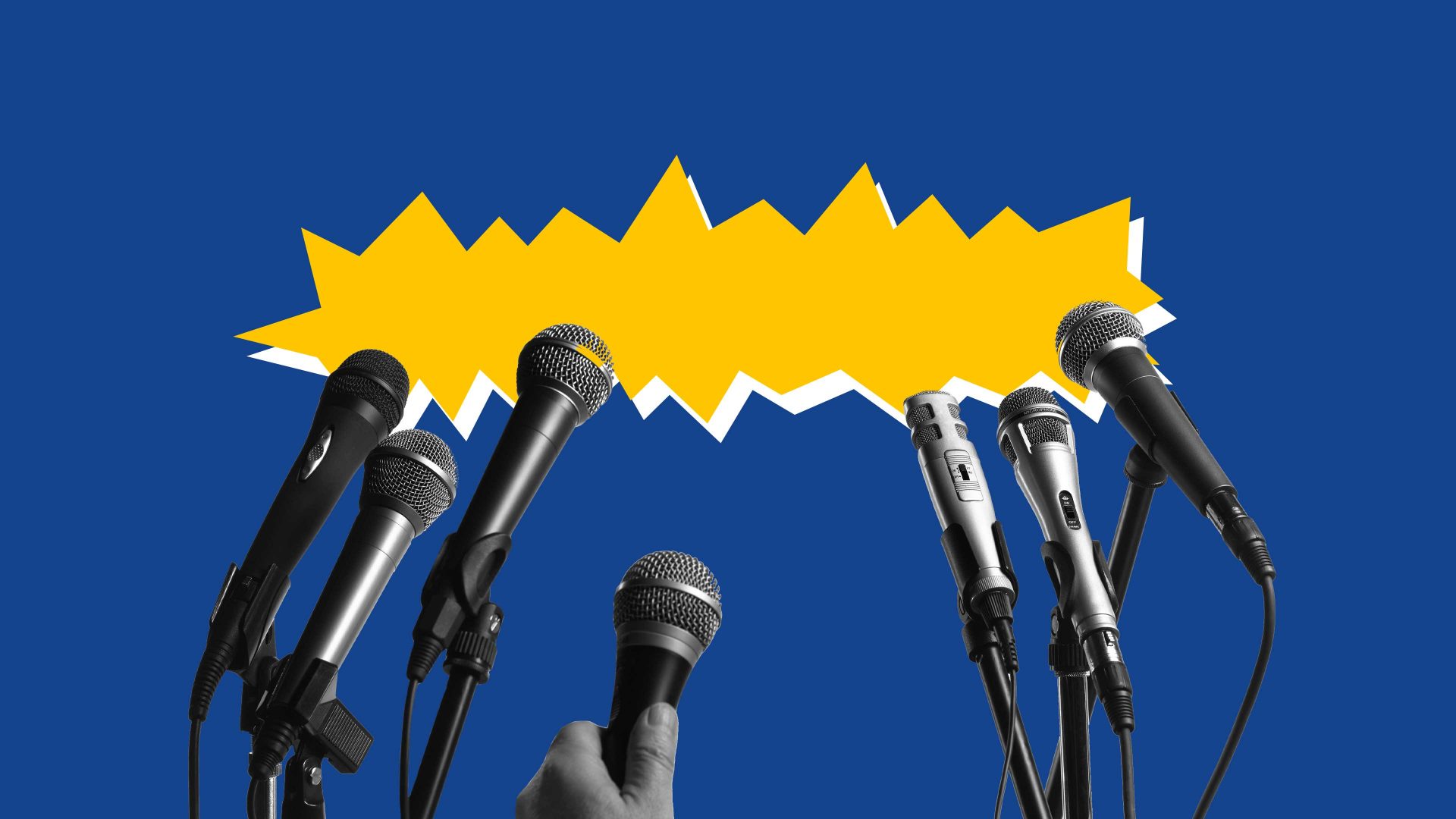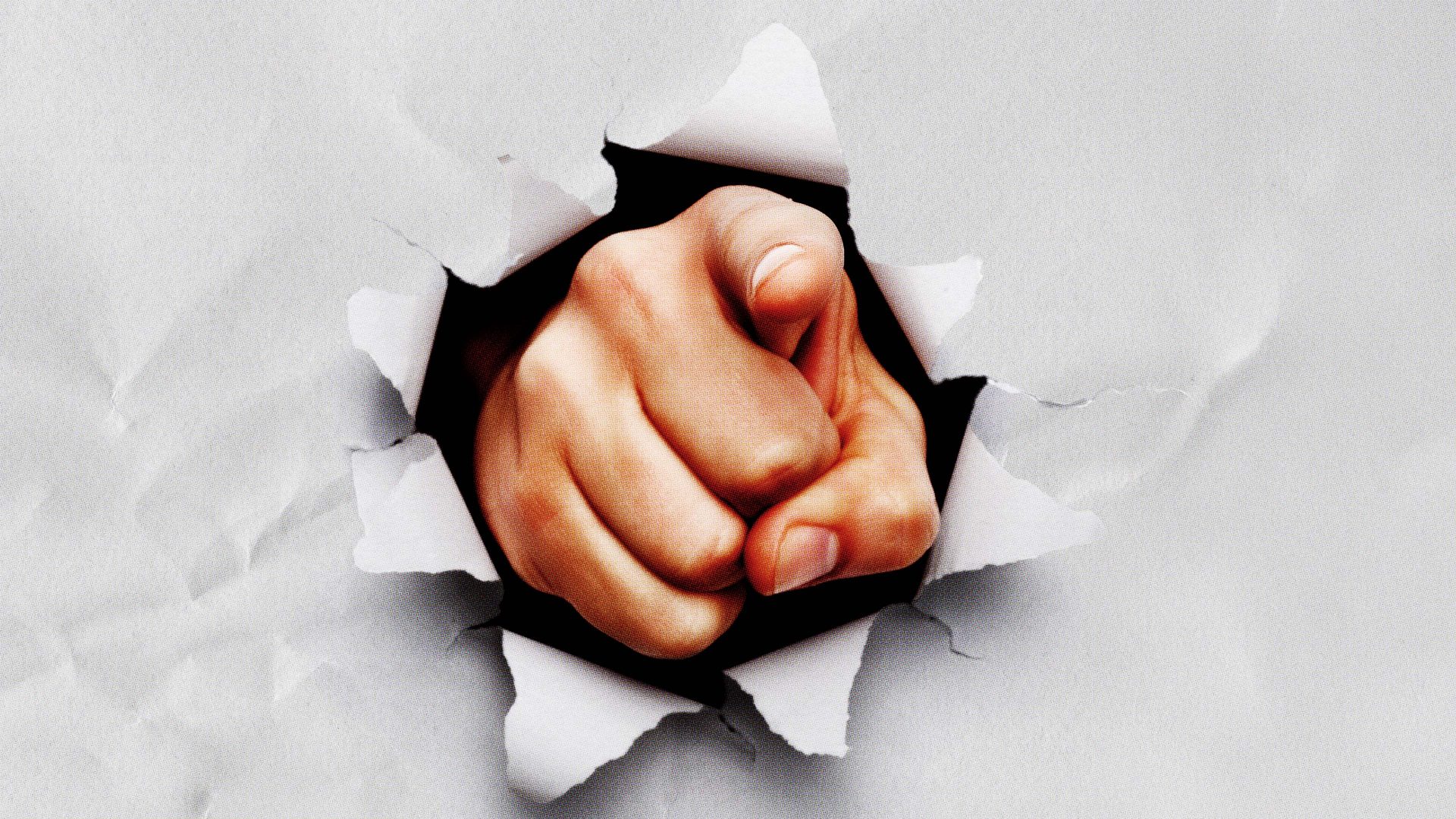This is going to be a year of danger, difficulty and doubt for the European Union. The far right continues to prosper ahead of several key elections. The Franco-German axis is a mess. Ukraine is a running sore, Trump and his tariffs are a long-term threat, and the continent’s economy is like a curate’s egg – good in parts and downright rotten in others.
Germany goes to the polls next month, with the AfD rising and now backed by Elon Musk. France may face another parliamentary election in July after Emmanuel Macron’s miscalculation last year left it with a barely functioning government.
Romania will hold new presidential elections after accusations of foreign meddling in the first round led to their annulment. Poland has presidential elections; the current president is trying to throw spanners in the works of Donald Tusk’s administration. Czechia could swing to a right wing nationalist adding to the less than wholly democratic Central European axis. Oh, and Austria is on the verge of installing its first far right administration since WWII.
It is all a bit of a mess, and Anand Menon, professor of European politics and foreign affairs at King’s College London, says the most important issue is that the most powerful axis in the EU has stopped working. “Even if the French and Germans were in a position to focus on external challenges, which they aren’t, it would be very, very difficult to have a consensual line… because of the nature of politics in other member states,” he says.
All this is happening while Russia is playing merry hell on the very borders of the EU. “If you are Latvia, Russia looks a lot different to you than to Portugal,” Menon told me. “But that spectrum has never been wider because it stretches from those who want to be friends with Putin to those who genuinely think he is going to invade them within the next six months.”
Little is likely to be solved by this year’s elections. Germany may well keep the AfD out of government with a grand coalition of centre parties, but that would give the far right a chance to lump the centre of politics together as weak and useless. The election after next looks like the real threat.
In France, says Menon, the centre is looking weak as left and far right make gains. When the Le Pens have made it to presidential run-offs in the past, they have lost heavily to centrists. But what happens in a run-off between the far right and far left?
All of this is made far worse by the failure of the French and German economies. Even the UK’s sluggish growth is likely to be better than theirs this year. All three look likely to be eclipsed by growth in the Eurozone overall, with Spain growing very strongly.
France’s problems are rooted in its resistance to what is required in desperate times – the need to stop borrowing so much, to raise taxes and cut spending. Germany’s poor performance comes in part from its dependence on cheap Russian energy turning into a curse, but there is more than that: its giant car industry not responding quickly enough to the green transition (and now facing strong competition from China), its failure to invest, its ability to call on cheap Eastern European workers receding as their own economies rapidly catch up.
Dennis Novy, professor of economics at Warwick University and an expert on the German economy, says: “The exposure of Germany to the car industry is larger than others, interest rates are still high, which affects industries like construction and overall there’s also an investment backlog, which goes back decades.”
Then there is the question of Germany’s debt, which Novy explains is “written into the constitution and constrains government investment and spending.” German debt is only at around 60% of GDP – in the UK it is 100% – and Noby says the brake “will have to be made more flexible” to allow for investment.
Still, he expects this once and current sick man of Europe to once again reform and rebuild. “Things may get worse before they get better and I don’t have a crystal ball but I think Germany will come back,” says Novy.
One reason for optimism is that Germany has a great advantage not available to us – the EU’s single market, which is still a work in progress. “Good luck trying to get a mortgage in Germany that is not from a German bank,” says Novy. “The single market is far from complete and needs to be pushed further”.
This is a great opportunity for Germany and for Europe. Pushing the single market into services, banking, insurance, digital, online and other sectors would be a huge boost to the EU’s economy, complementing its single market in goods. “I wouldn’t say it is a free lunch but it would really help,” says Novy.
Along with advancing new green technology, completing the single market would mark a sea change in the EU’s economy. But for it to happen the EU has to build a consensus that needs real political will behind it. Some EU member states already complain that integration has gone too far, but if Germany and France could agree on this new leap forward, it would almost certainly happen.
So much depends on the next elections on either side of the Rhine. If we get two new leaders who see the real necessity of reform and cooperation and put real political effort into the next step forward, it will happen. More inward-looking inertia and weakness and it will not.
With that political impetus and other reforms, the German and French economies could take off again, which would also relieve the political pressures from the right and the left. Nothing dampens political extremism like prosperity.
But it is far from certain that Europe will navigate through its current turbulence. Buckle up for a bumpy ride.




